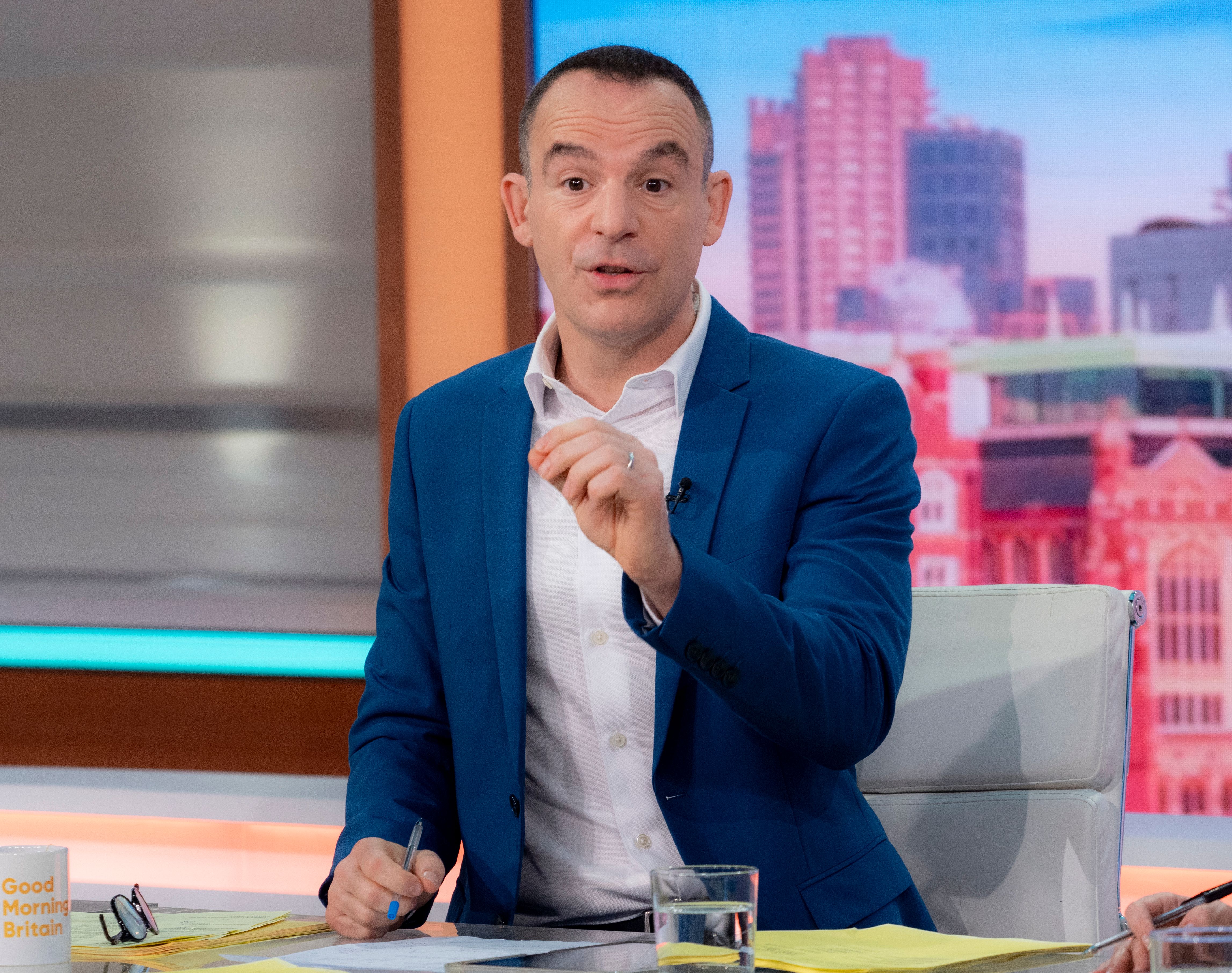MARTIN Lewis’ Money Saving Experts team has issued a “crucial” warning to all unmarried British couples.
The money specialists have urged people living with their partners to read up on the rules regarding your will to avoid being left with nothing if your lover tragically dies.
Writing a proper will is seen as incredibly important to single people as their belongings, property and valuable goods don’t go on to their next of kin or partners like usual.
Failing to leave a will means you die “intestate”, says MSE.
This means your estate is then subject to intestacy rules which could see your partner left with nothing.
The rules are in place regardless of years spent together with your partner and don’t even take into account any children you might have.
Read more in Martin Lewis
How to check your intestacy status
WHAT HAPPENS TO YOUR ESTATE?
For those in England and Wales the intestacy rules will mean that when one member of a couple without kids dies your entire estate will go to your parents.
If you have outlived your parents then it goes down to your next closest blood relative – most likely your siblings if you have any.
However if you do have children then your estate goes to them and bypasses your partner.
If you have no blood relatives then your entire estate ends up in the hands of the Crown – meaning your lover won’t see anything based on the rules.
In Northern Ireland, for those without children, your estate goes to parents, then siblings, grandparents and any surviving aunts and uncles.
The same rules apply as in England and Wales in regards to if you do have children.
For anyone living in Scotland the rules are a little more complicated as it is based on the value of your home, your savings and possessions.
Visit GOV.UK for more information.
WHAT HAPPENS TO YOUR PROPERTY?
In England, Wales and Northern Ireland, it will depend on what your status is on the house.
where you own a property with your cohabiting partner, what happens to it when you die depends on whether you own it on a ‘joint tenants’ or ‘tenants in common’ basis.
If you and your partner own the property as joint tenants then it is not subject to the intestacy rules.
This means the surviving individual will take full ownership of the property.
However, if you’re tenants in common you will have to face the dreaded intestacy rules and there is a big chance you won’t get your share of the home.
In Scotland, intestacy rules apply in all cases unless unless you have a survivorship clause listed in the property’s title deeds.
Why you need a will
A WILL is essential for the government to use when you die so your possessions go to the right people.
Your will is a chance to keep those close to you financially stable after you leave.
This can be a partner, child or other family members.
You can split up your savings so everyone who needs something gets it.
A huge factor for a will is also property.
If you own a house then that can be passed down to someone of your choosing.
One of the biggest reasons for a will is so any children you have can go to the right person when you die.
This can be a legal guardian of your choosing whether that is a close friend or family member.
In your will you can also nominate people to be your executor – someone who is in charge of carrying out your final wishes such as the funeral.
You can either write your own will or do it through a professional company.













